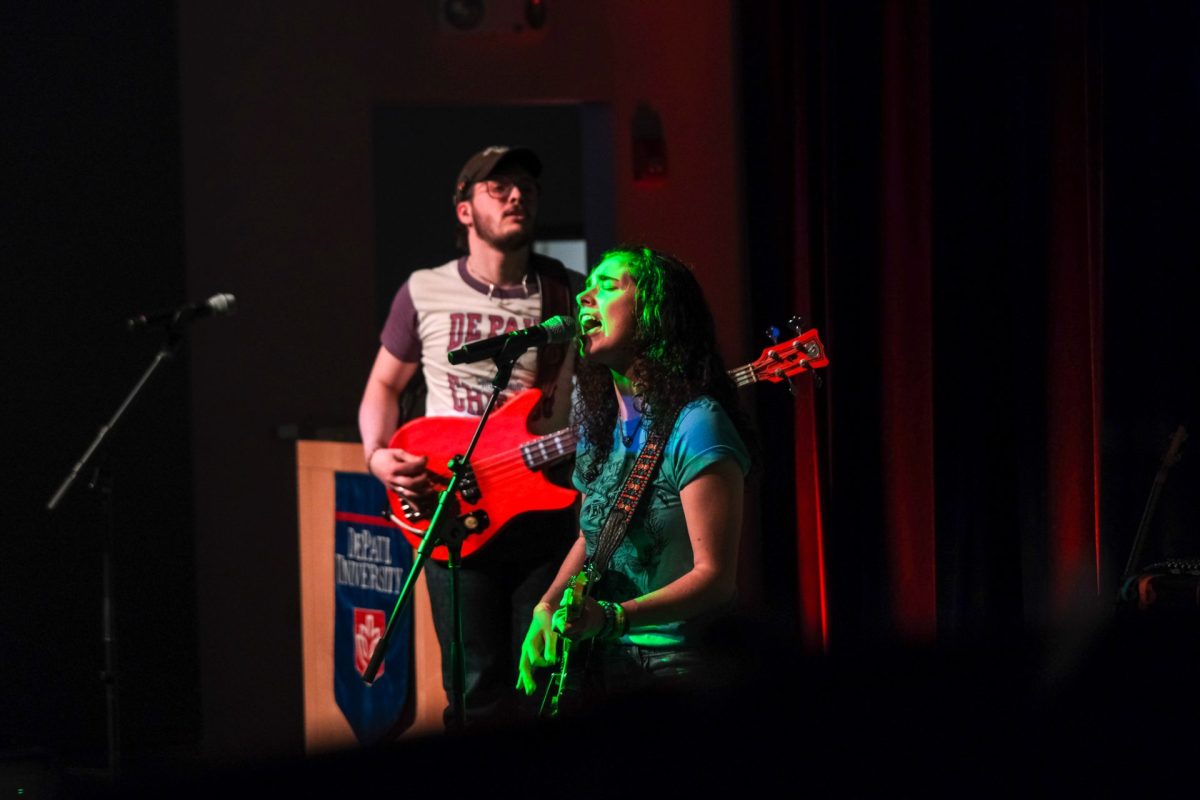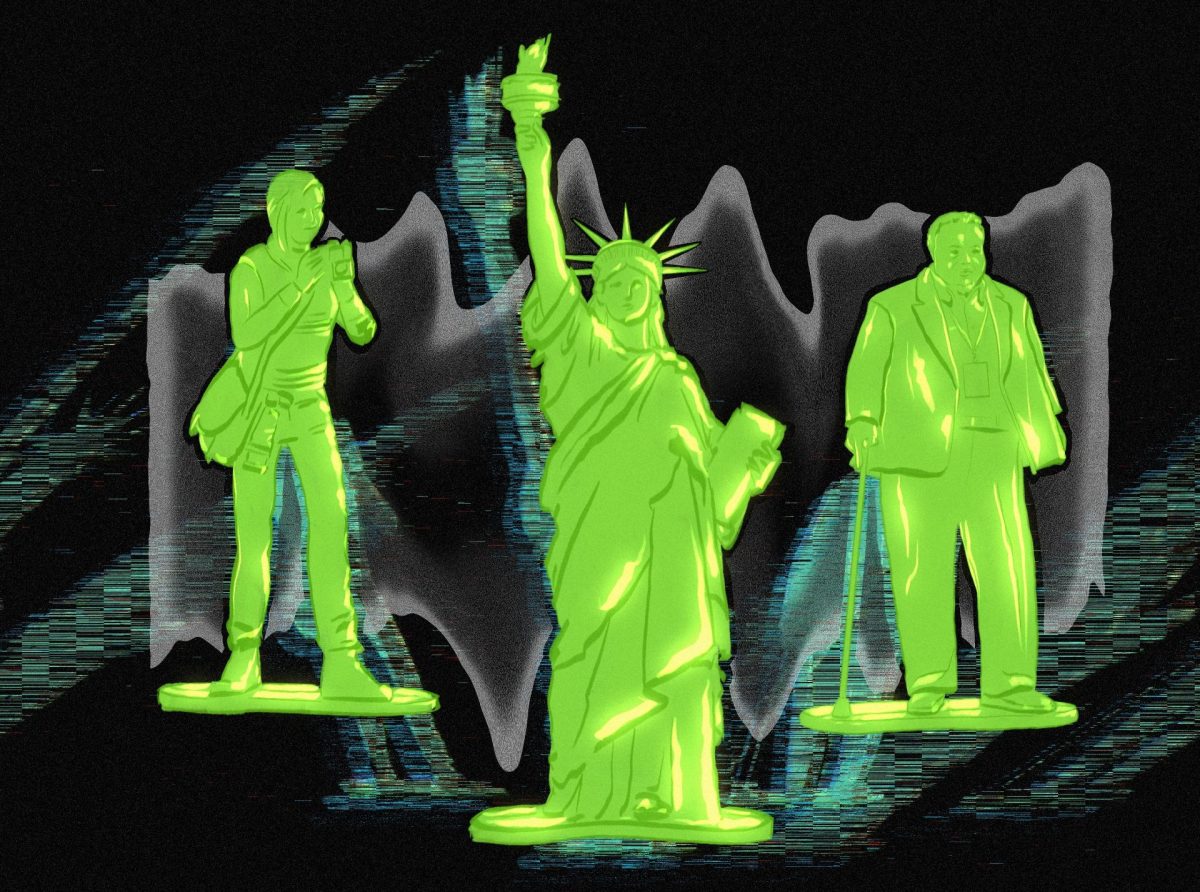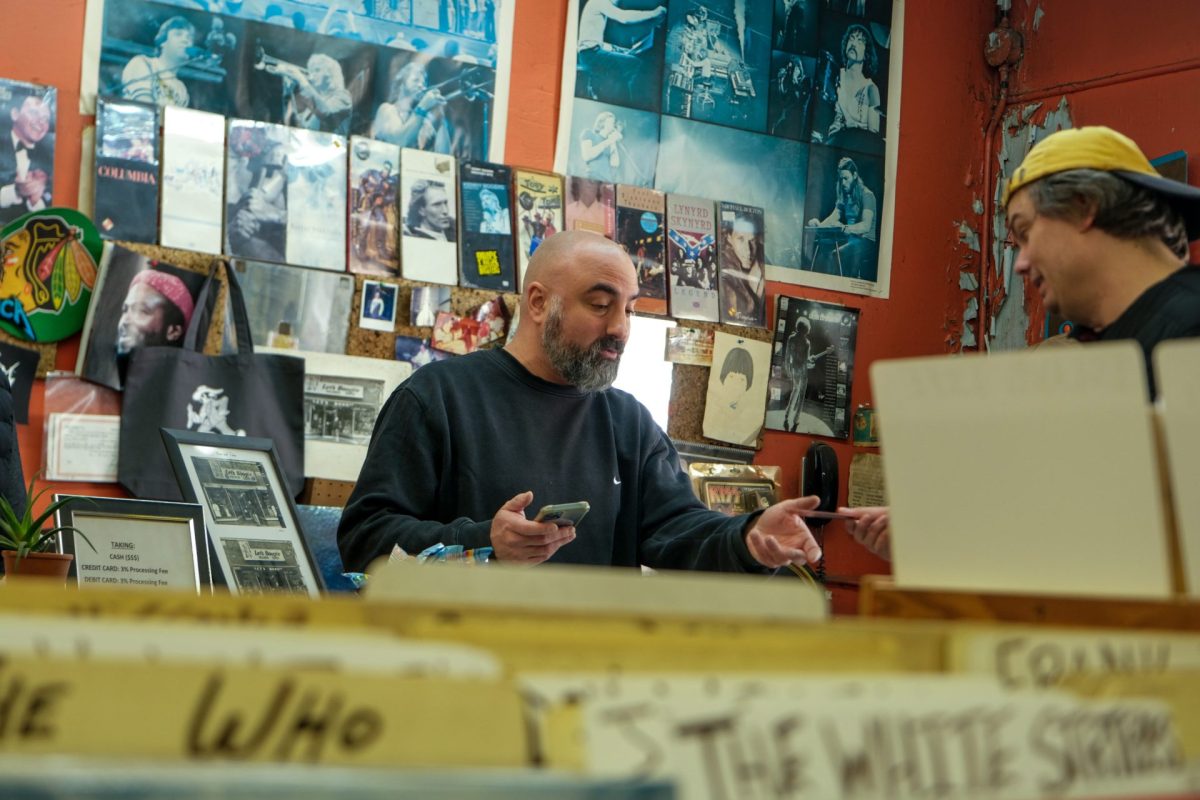Bullying is something everyone is familiar with. Whether he or she has been the bully, the victim, a bystander or a combination of those, everyone has been involved in some capacity. Fortunately, awareness has slowly but surely been gaining traction, with more students, as well as parents and teachers, becoming involved and learning. A huge contributing factor to this surge is Lee Hirsch’s documentary “Bully,” which follows several students throughout a school year, and the turmoil they face.
Lee Hirsch came to DePaul to speak on Tuesday, as part of a string of lecturers the DePaul Activities Board has put together to speak at school. Lee Hirsch began by talking about his own personal experiences with bullying while he was in school. It was one of those “pieces of life you haven’t reconciled,” he said in an interview. “I had something to say… I was scared, I didn’t know if I was ready. I spent a number of years picking it up, putting it away.” He finally told the story he wanted to later.
Hirsch contacted many schools throughout the country, none willing to allow him and his colleagues into the school, or even admit that they had bullying in the school. Finally, the superintendent of a Sioux City middle school (East Middle School) gave the go-ahead for them to film. Hirsch specifically followed a young boy, Alex. Sadly, Alex was having some serious problems at school: he was being bullied because his peers saw him as “different.” Other kids were facing similar problems, not just in East Middle School, but other schools throughout the country. A young student named Kelby had been tortured after she came out as homosexual. In a conservative town such as the one Kelby grew up in, people seen as “different” were ostracized and bullied mercilessly. Hirsch heard this story through Ellen Degeneres’ talk show, as Kelby’s mother wrote to Ellen. Hirsch showed some clips from “Bully,” and provided his own commentary on the material.
Hirsch talked a lot about the reform he would like to see in schools. When asked about it, he said, “Schools should be evaluated by the culture of the school… rather than just academic.” He postulated the idea that students take surveys asking questions pertaining to how safe they feel, have they bullied, been bullied or witnessed bullying. This has already been implemented, to a point, in some schools. Bullying surrounds many children’s lives, but the question remains why.
Lee Hirsch has his own perspective on why children bully. “People think bullies are psychopaths… But that’s the way they win,” he said. “They’re modeling behavior and see it as a way to gain dominance and power. Power is big with bullying.” Power can be easy to keep control of, especially if teachers, parents and other students do not say or do anything. That just reinforces the bully’s power. Parent and teacher involvement, as Hirsch commented, “are two different pods.”
Parents need to “share vulnerability… share their struggle… Many families have been kick started watching the film. Kids open up.” Bullying does not end with childhood. “[Adult bullying and child bullying manifest in] similar forms… In hospitals, doctors bully senior nurses, who bully junior nurses… through exclusion, reprisal, and making the work environment unbearable.” Teachers have a different role. They need to be taught to ensure what Lee Hirsch calls “social-emotional learning.” The focus would be on students learning about the effect of what they say on their peers. He also challenged teachers to collaborate, and establish a relationship with every student. Every student should have at least one person to talk to.
Hirsch closed his talk by mentioning his Bully Project. This project, rapidly gaining traction, involves students, ranging from fourth grade to high school, attending screenings of “Bully.” Teachers receive training kits to better equip themselves with how to handle bullying in the classroom, in the school and what to do if met with opposition by those in higher authority. Then, there was a Q&A with Lee Hirsch, and the evening drew to a close. Hirsch knows there is still much to do, but he is hopeful. “We are improving,” he said. “It’s a 365- day a year commitment… we can put an end to business as usual.”







